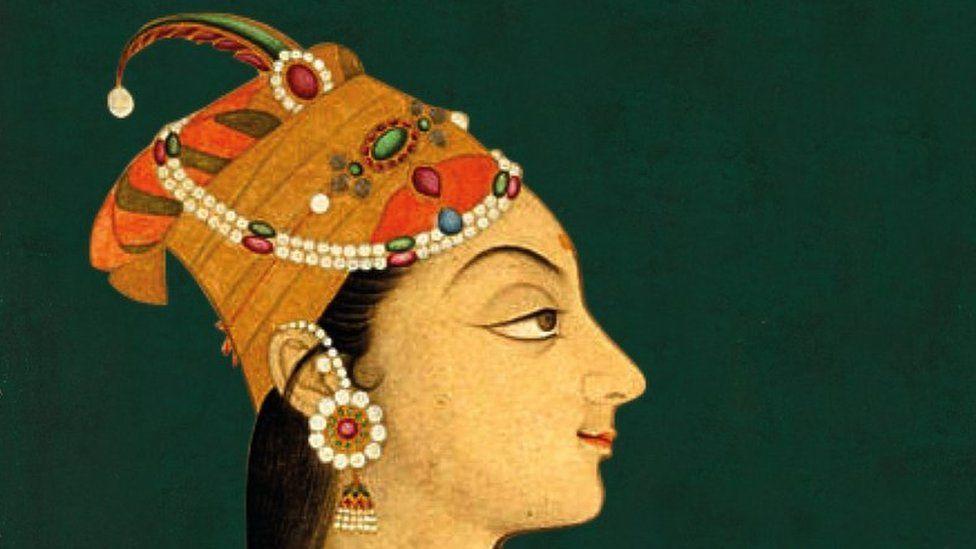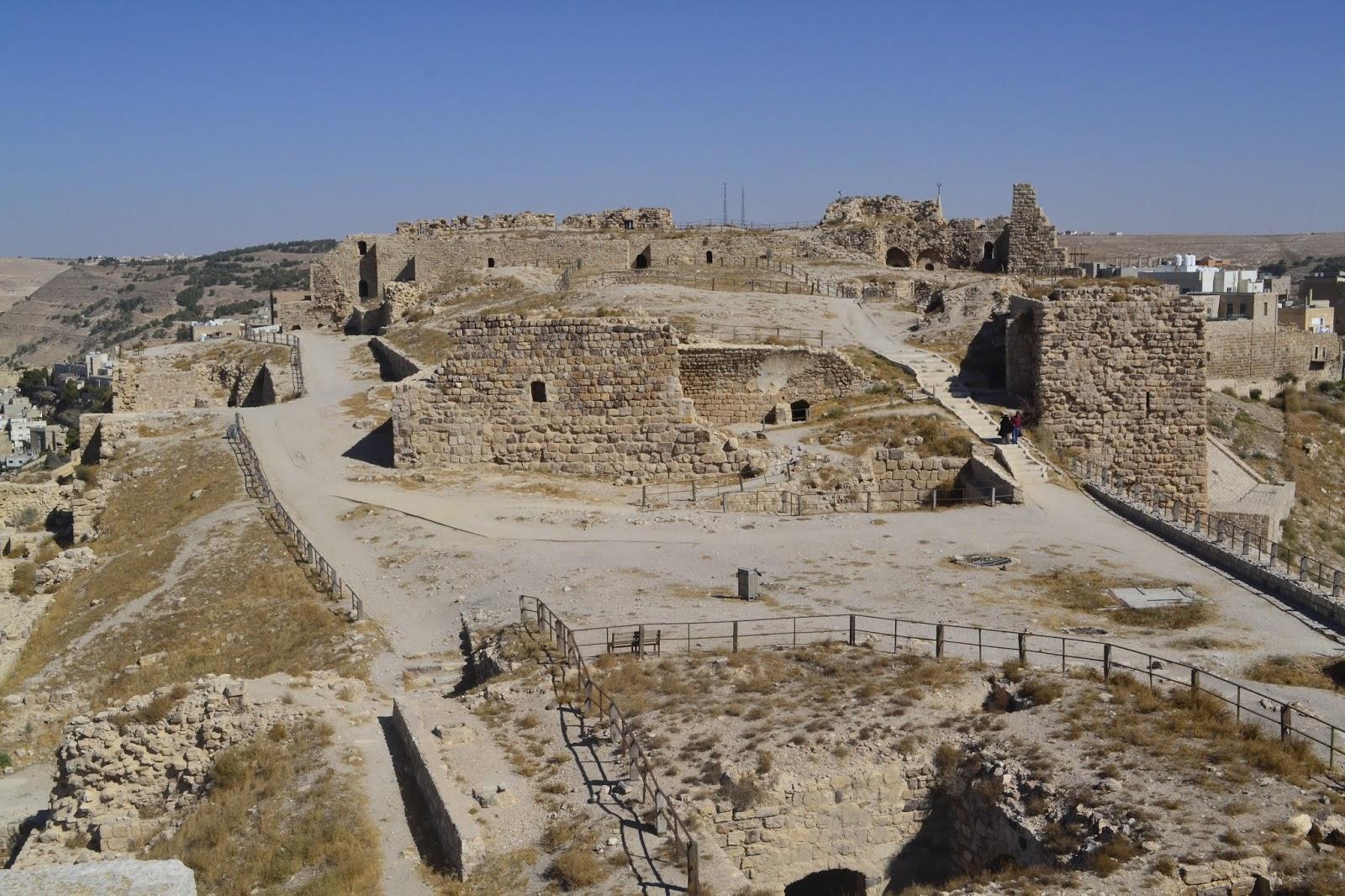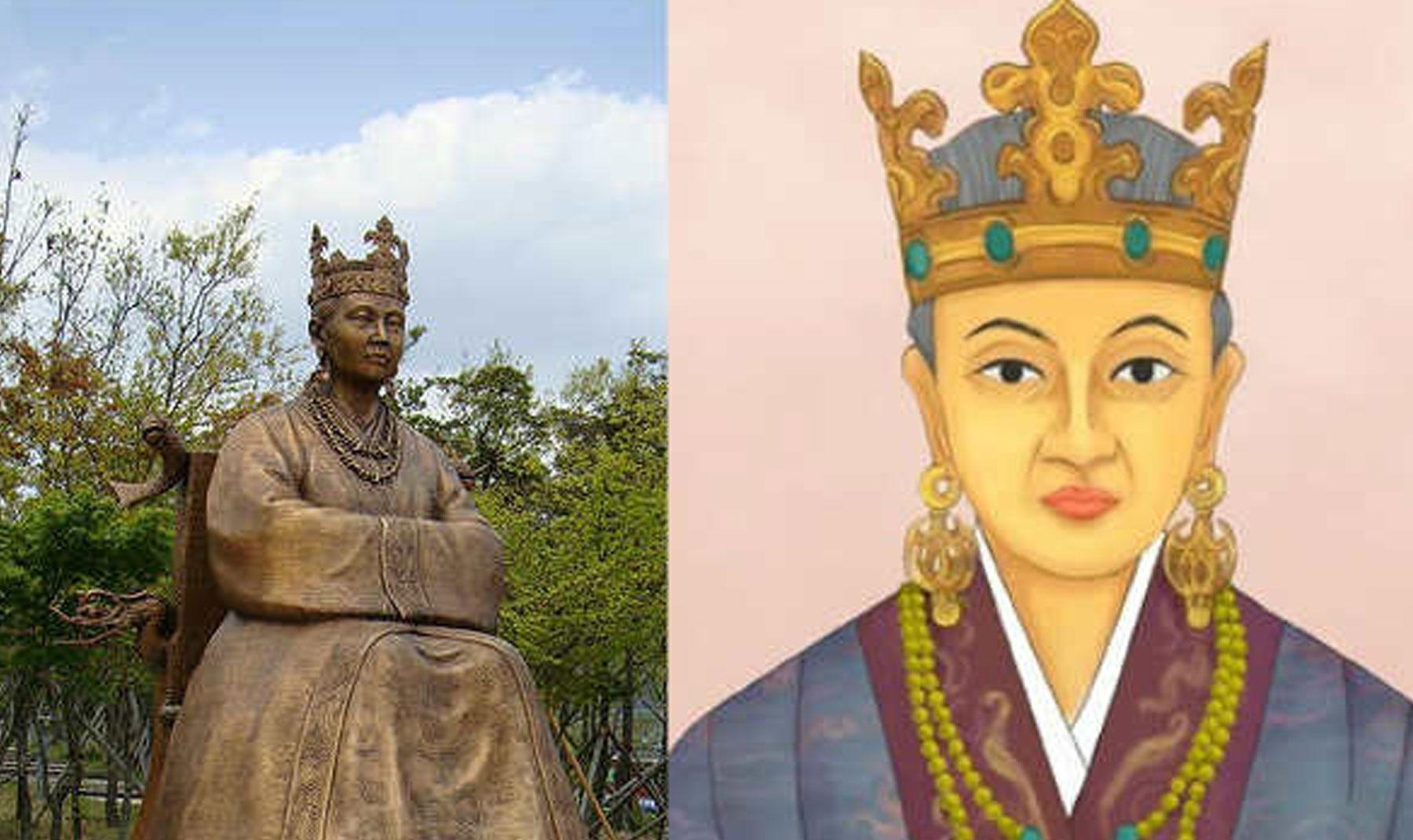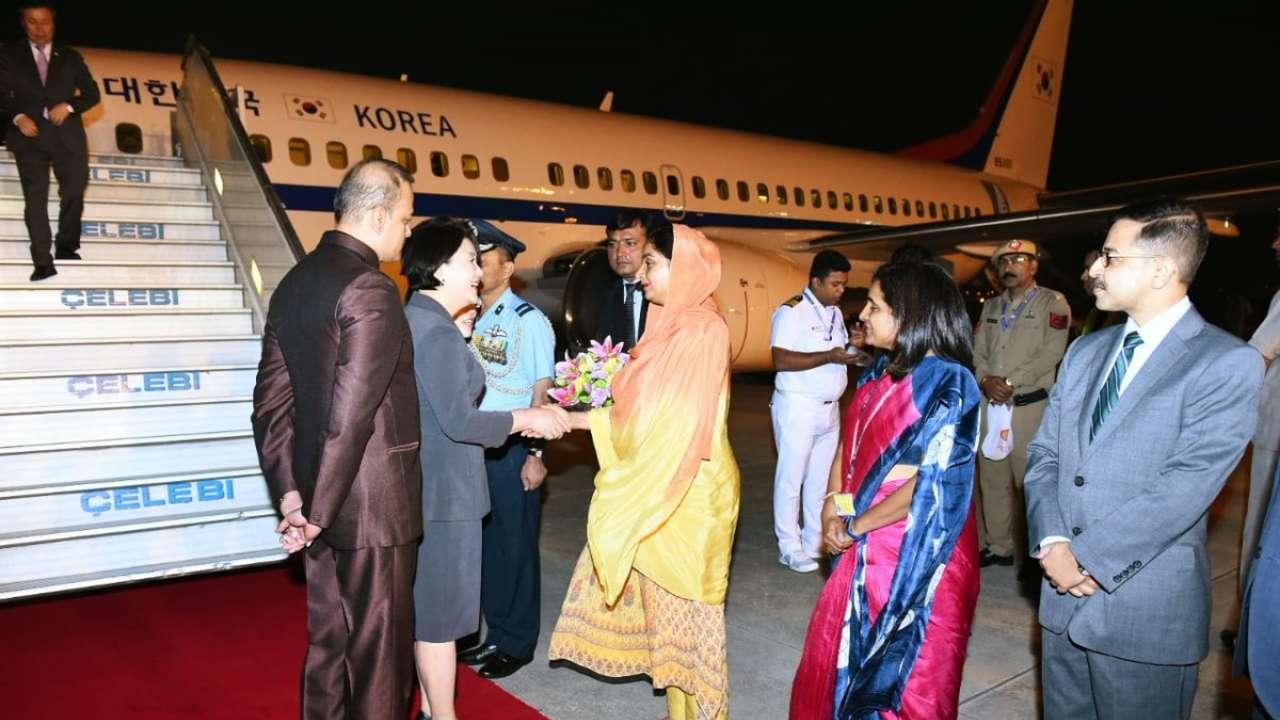The Indian Princess who became the Korean Queen

South Korea's First Lady Kim Jung-sook is in India at present. She has been on a four-day visit to the North Indian state of Uttar Pradesh since November 4. Her itinerary in UP includes a visit to the ancient city of Ayodhya.
A few people would know that the birthplace of the Hindu God Ram, Ayodhya, holds significance to the Koreans as well. Koreans believe that their ancestry had a vital connection with the sacred city of Ayodhya.
Several Korean stories tell that an Indian princess named Suriratna married a South Korean king named King Kim Su-ro and started a dynasty.
What the Legend Says

The legend has it that 2000 years ago, the Indian princess named Suriratna, also called as Heo Hwang-ok, married a South Korean king named Kim Su-ro of Geumgwan Gaya, which was a ruling city-state in Korea during the period of the Three Kingdoms. The couple then started Karak dynasty in the present Gimhae area of South Korea. There has been a mention of the story in a Korean book 'Samguk Yusa'--- Memorabilia of the Three Kingdoms. Even there is a mention about the 'Ayuta' kingdom, from where the princess hailed.
Myth or Reality?

The royal couple reportedly lived for 150 years and were survived by 10 sons. While many believe that the story of the Indian princess was mythical, there was an anthropologist named Kim Byung-mo Ayuta who confirmed that Ayuta was actually Ayodhya. People from the Karak dynasty have preserved the rocks that were used by princess Suriratna later named Heo Hwang-ok during her sea voyage from India to Korea to keep her boat stable.
However, there isn't any clear evidence to prove that the princess actually existed.
Kim and Heo surnames

Kim is a very common surname in Korea and is believed that King Kim Su-ro is the father of the Kim clan. Traditionally children in the Korean peninsula take the surname of their father. But legend says the queen Heo Hwang-ok was upset that her children could not bear her surname and then after, the king allowed two of their sons to take her name (Heo) which is used till this day.
Impact on modern ties

In the year 2000 an agreement was signed to develop Ayodhya and Gimhae as sister cities and develop a memorial for the queen. Every year queen's lineage comes to Ayodhya to pay tribute to the princess at her motherland. Two years back, a Korean delegation sent a proposal to the Uttar Pradesh government to develop the memorial.
During this visit of the Korean first lady, it is expected that she will attend a ceremony initiating the work on the monument, a joint project between South Korea and India.
Also Read:Fight to Keep Sheores Working: Acid attack victims' desperate attempt to save their cafe in Lucknow
First published: 5 November 2018, 19:34 IST






![BJP's Kapil Mishra recreates Shankar Mahadevan’s ‘Breathless’ song to highlight Delhi pollution [WATCH] BJP's Kapil Mishra recreates Shankar Mahadevan’s ‘Breathless’ song to highlight Delhi pollution [WATCH]](https://images.catchnews.com/upload/2022/11/03/kapil-mishra_240884_300x172.png)

![Anupam Kher shares pictures of his toned body on 67th birthday [MUST SEE] Anupam Kher shares pictures of his toned body on 67th birthday [MUST SEE]](https://images.catchnews.com/upload/2022/03/07/Anupam_kher_231145_300x172.jpg)


_in_Assams_Dibrugarh_(Photo_257977_1600x1200.jpg)



